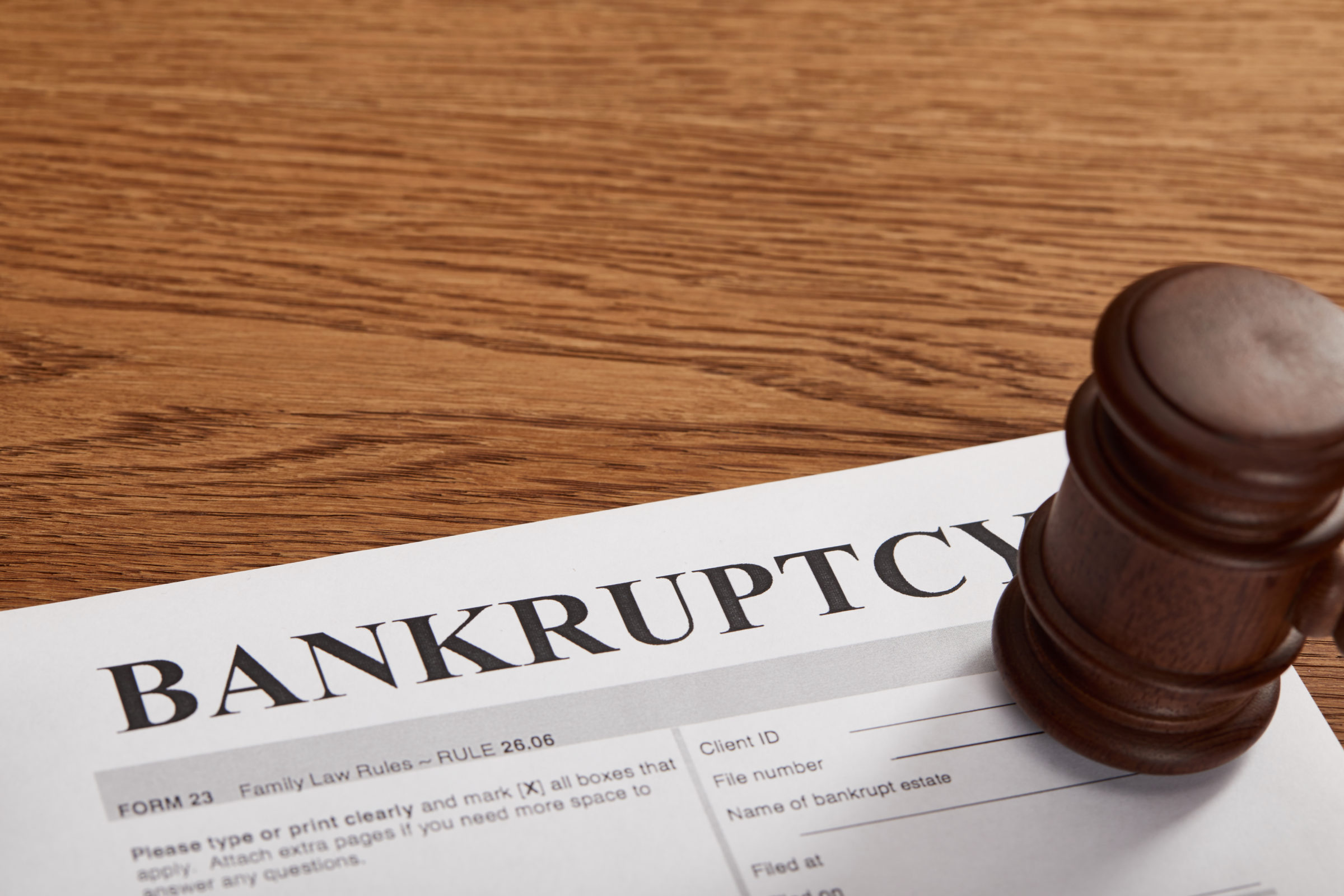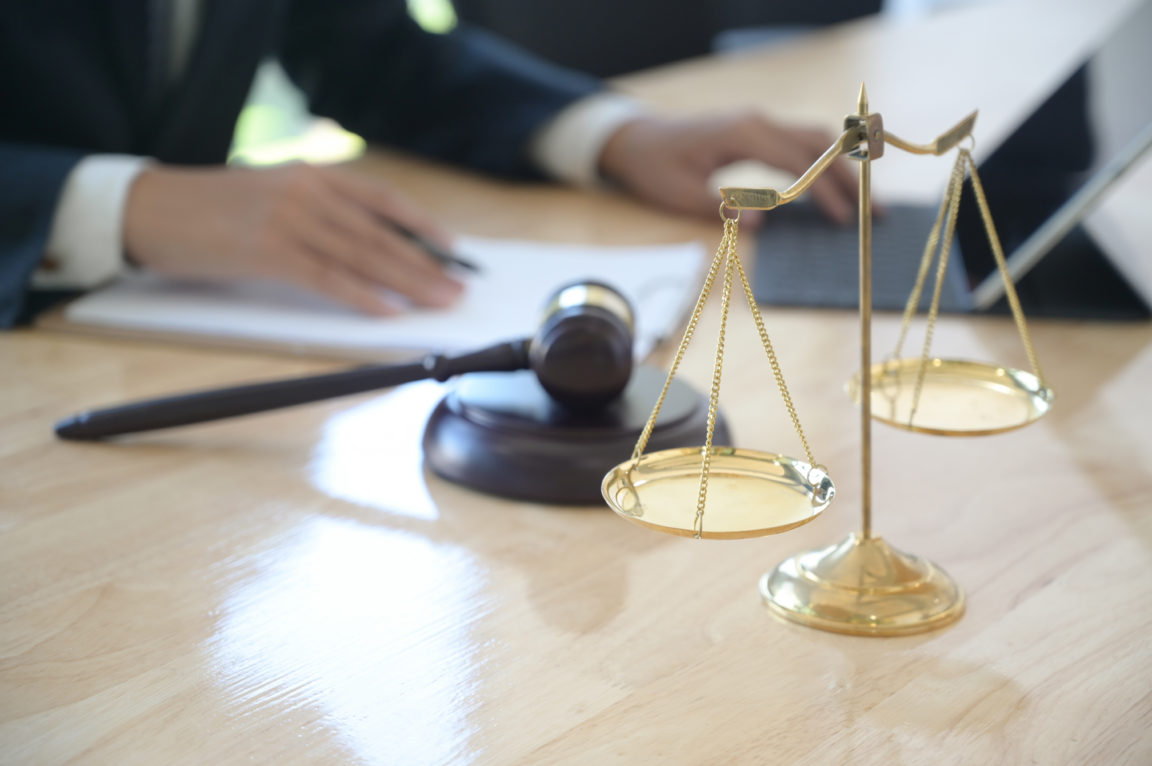If you are having debt problems, bankruptcy can be a lifesaver. It will wipe out most of your debts and get you off to a fresh financial start. Then, you will have the chance to rebuild your financial situation from the ground up.
When considering bankruptcy, you should look up as much information as you can about the process. While doing your research, you’re bound to come across the term “Bankruptcy Court System” at some point, and you may wonder what it is all about.
The bankruptcy court is an essential factor in any filing since it will decide whether your bankruptcy is approved or denied. If you want to know more about the subject, look no further; read on to find out all the details.
What is bankruptcy court?
The bankruptcy court is a system of federal courthouses that supervise all bankruptcy filings in the United States. They were created by the government in 1978 to deal with personal and corporate bankruptcy filings across America.
Bankruptcy courts are responsible for enforcing bankruptcy laws. These laws are governed by state and federal legislation.
However, since the bankruptcy process is primarily regulated by federal law, you will find a bankruptcy court within each federal judicial district.
At the beginning of your bankruptcy process, you will need to determine in which district you should file. If you are unsure how to proceed, consult with a bankruptcy attorney for further guidance.

The bankruptcy court professionals
In bankruptcy court, you will find three key professionals that will impact your bankruptcy filing significantly.
The bankruptcy trustee: After you file for bankruptcy, the court will appoint a bankruptcy trustee for your case. If you went with Chapter 7 bankruptcy, the trustee will manage your non-exempt assets and sell them to repay your creditors. In Chapter 13 bankruptcy, the trustee will review and approve your repayment plan and distribute the money to your creditors.
Bankruptcy Judges: Judges oversee all bankruptcy proceedings in a federal judicial district. They serve 14-year terms and are appointed by the United States Court of Appeal.
The bankruptcy attorney: They may be the most important player in your filing. A bankruptcy lawyer near you will guide you through the entire process and increase your chances of success. Bankruptcy lawyers can be a saving grace in times of need. When debt turmoil starts to swarm, their experienced guidance will help you conquer the challenge and ensure your success. Don’t allow mounting stress to consume you; with legal counsel close by, there is no reason for despair! Reach out today – these professionals are here ready and willing to assist on your road towards financial stability.
Bankruptcy court proceedings
Once you submit the required forms and documents with the help of your bankruptcy lawyer, the court will handle the rest of the process. They will review your financial situation and devise a plan to repay your creditors through the sale of your non-exempt assets, depending on the case.
After thoroughly reviewing your documents, a bankruptcy judge will determine whether or not your dischargeable debts should be eliminated.
After your debt discharge, you won’t be legally responsible for paying any of the debts cleared by the court.

Can you appeal a bankruptcy court decision?
If the judge’s verdict was not favorable to you, you will be free to appeal the decision within 10 days after the fact. You may need the help of a local bankruptcy lawyer to navigate this process successfully.
For example, let’s say your debt discharge was denied because the judge suspects you committed fraud. In that case, you will need to prove with the help of your attorney that everything checks out. You may have to provide additional documentation and the process might take longer than expected.
In conclusion, the bankruptcy court is an essential part of some bankruptcy proceedings. However, if you work with an excellent attorney and do everything correctly, you may not even have to set foot in court during your filing.





